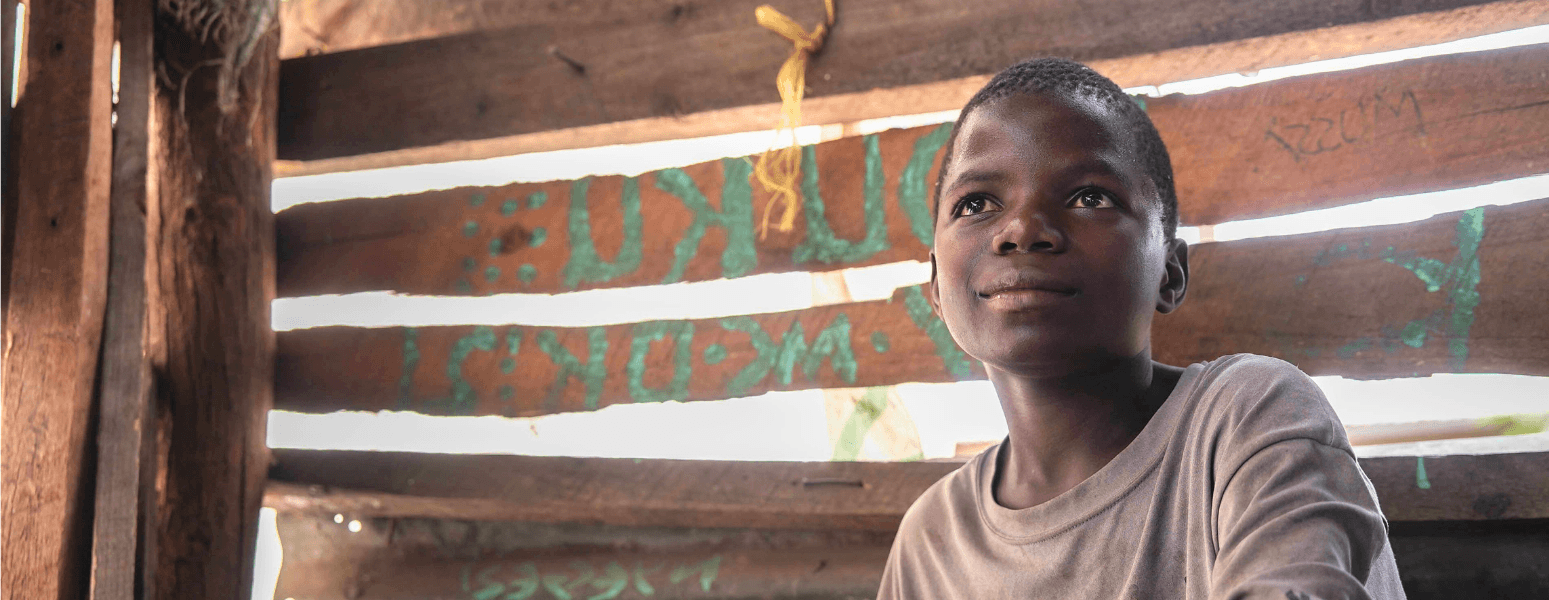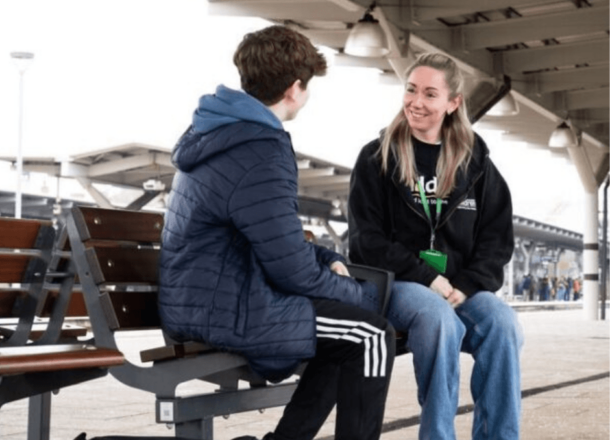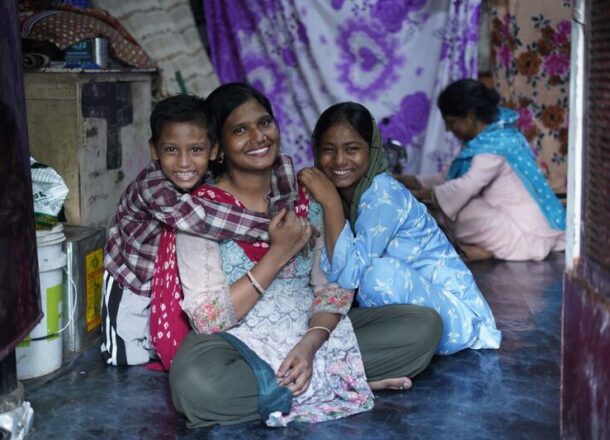
We're tackling: Mental health
Across the world, we support children who experience a range of unique challenges.
Vulnerable and street-connected children
Adolescence is a critical period of development in any child’s life. But for vulnerable young people dealing with a mental health disorder or the trauma of neglect or abuse, everyday life can feel unmanageable.
Whether they’re a street-connected child living on the streets of India or a teenager in the UK who often runs away from a chaotic home life, the lack of stability and security can harm their mental wellbeing both now and in the long run.
As part of our work supporting children and young people who have been separated from their families, one of our main priorities is ensuring they have access to the mental health support they need to recover from their experiences.
Types of mental health disorders
The young people we support struggle with a range of mental health issues, including…
Mood disorders
Conditions like major depressive disorder involve persistent sadness and loss of interest in activities, while bipolar disorder is characterized by extreme shifts in mood, energy and activity levels.
Anxiety disorders
This category includes conditions like generalised anxiety disorder (excessive worry about various things) and panic disorder (sudden, intense feelings of fear and panic).
Trauma and stressor-related disorders
These can develop after a person has been exposed to a traumatic or stressful event. Symptoms might include flashbacks, nightmares and severe anxiety.
Obsessive-compulsive and related disorders
People with these conditions experience persistent, unwanted thoughts (obsessions) and/or repetitive behaviours (compulsions) that they feel driven to do.
Psychotic disorders
Conditions like Schizophrenia involve a distorted perception of reality, often including hallucinations (seeing or hearing things that aren’t there) and delusions (false beliefs).
Railway Children’s approach to support
Many of the young people we support have experienced trauma and distress, which has a profound effect on their mental health.
Our support is not a one-size-fits-all solution; we create holistic, bespoke plans for each child, adapting our sessions to their individual needs and preferences.
We evaluate every aspect of their life to ensure they get the best possible support, whether it’s directly through tailored sessions with our workers, or through specialised organisations that can help with specific mental health conditions.

Helping families heal together
Children and young people’s struggles don’t happen in isolation. Their family environment often plays a crucial role in their mental health.
When appropriate, we extend our support to the whole family and conduct sessions with parents, siblings, and other family members to help them understand the difficulties the young person is dealing with.
This approach allows us to address deep-rooted issues, including generational trauma, which can create cycles of conflict and distress.
By providing families with the tools and understanding to communicate and support each other, we aim to heal relationships and create a stable, nurturing home environment.
This work is vital in preventing further separation and ensuring the young person can thrive within a supportive family unit.

Lara’s story
Fourteen-year-old Lara* was referred to us by the British Transport Police after she was found trespassing on tracks. She had a history of self-harming and using railway lines as a way to cope with stress.
Through one-on-one sessions with our worker, Rachel, Lara began to see things differently.
She realised she didn’t want her self-harm to impact her baby niece and wanted to be a part of her niece’s life as she grew up.
Rachel explains:
“My sessions are important to Lara because they give her a chance to talk everything through. We have built up a great rapport and a trusting working relationship.”
Thanks to the coping strategies she learned, Lara is now back in school and is no longer self-harming.
“When I first started working with Lara, she had a lot of scars on her hands from self-harming,” Rachel says. “But she’s not done it for a while, and the scars are fading.”
Lara now plans to join the police and wants to use her experiences to help other people.

Do you need help?
If you or a young person you know is struggling with their mental health, there are many organisations that can help.
You can find helpful resources and different support options on our Youth Platform.
If in crisis:
- Call HOPELINEUK on 0800 068 4141 or the Samaritans on 116 123.
- Text SHOUT to Shout’s textline on 85258.
- Call the NHS on 111 and select option 2.
- In an emergency call 999 and ask for an ambulance or tell an adult you trust and ask them to call 999.
*Name and some details changed to protect identity.
